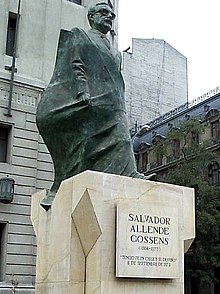
Marxism–Leninism is a communist ideology that became the largest faction of the communist movement in the world in the years following the October Revolution. It was the predominant ideology of most communist governments throughout the 20th century. It was developed in Russia by Joseph Stalin and drew on elements of Bolshevism, Leninism, Marxism, and the works of Karl Kautsky. It was the state ideology of the Soviet Union, Soviet satellite states in the Eastern Bloc, and various countries in the Non-Aligned Movement and Third World during the Cold War, as well as the Communist International after Bolshevization.

Salvador Guillermo Allende Gossens was a Chilean socialist politician who served as the 28th president of Chile from 1970 until his death in 1973. As a socialist committed to democracy, he has been described as the first Marxist to be elected president in a liberal democracy in Latin America.
Bolshevism is a revolutionary socialist current of Soviet Leninist and later Marxist–Leninist political thought and political regime associated with the formation of a rigidly centralized, cohesive and disciplined party of social revolution, focused on overthrowing the existing capitalist state system, seizing power and establishing the "dictatorship of the proletariat".

The Socialist Party of Chile is a centre-left political party founded in 1933. Its historic leader was President of Chile Salvador Allende, who was deposed in a coup d'état by General Augusto Pinochet in 1973. The military junta immediately banned socialist, Marxist and other leftist political parties. Members of the Socialist party and other leftists were subject to violent suppression, including torture and murder, under the Pinochet dictatorship, and many went into exile. Twenty-seven years after the 1973 coup, Ricardo Lagos Escobar won the Presidency as the Socialist Party candidate in the 1999–2000 Chilean presidential election. Socialist Michelle Bachelet won the 2005–06 Chilean presidential election. She was the first female president of Chile and was succeeded by Sebastián Piñera in 2010. In the 2013 Chilean general election, she was again elected president, leaving office in 2018.
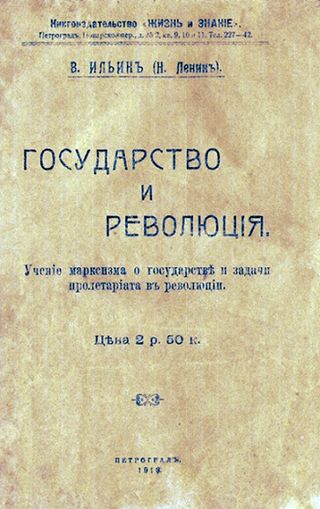
The State and the Revolution: The Marxist Doctrine of the State and the Tasks of the Proletariat in the Revolution is a book written by Vladimir Lenin and published in 1917 which describes his views on the role of the state in society, the necessity of proletarian revolution, and the theoretic inadequacies of social democracy in achieving revolution to establish the dictatorship of the proletariat.

The 1973 Chilean coup d'état was a military overthrow of the democratic socialist president of Chile Salvador Allende and his Popular Unity coalition government. Allende, who has been described as the first Marxist to be democratically elected president in a Latin American liberal democracy, faced significant social unrest, political tension with the opposition-controlled National Congress of Chile. On 11 September 1973, a group of military officers, led by General Augusto Pinochet, seized power in a coup, ending civilian rule.

Popular Unity was a left-wing political alliance in Chile that stood behind the successful candidacy of Salvador Allende for the 1970 Chilean presidential election.
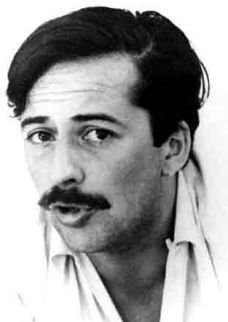
Miguel Humberto Enríquez Espinosa was a physician and a founder of the Chilean Marxist-Leninist urban guerrilla Movement of the Revolutionary Left (MIR), founded in 1965. He was General Secretary of the MIR between 1967 and his death in 1974.

Salvador Allende was the president of Chile from 1970 until his suicide in 1973, and head of the Popular Unity government; he was a Socialist and Marxist elected to the national presidency of a liberal democracy in Latin America. In August 1973 the Chilean Senate declared the Allende administration to be "unlawful," Allende's presidency was ended by a military coup before the end of his term. During Allende's three years, Chile gradually transitioned into a socialist state.

The Revolutionary Left Movement is a Chilean far-left Marxist-Leninist communist party and former urban guerrilla organization founded on 12 October 1965. At its height in 1973, the MIR numbered about 10,000 members and associates. The group emerged from various student organizations, mainly from University of Concepción, that had originally been active in the youth organization of the Socialist Party. They established a base of support among the trade unions and shantytowns of Concepción, Santiago, and other cities. Andrés Pascal Allende, a nephew of Salvador Allende, president of Chile from 1970 to 1973, was one of its early leaders. Miguel Enríquez was the General Secretary of the party from 1967 until his assassination in 1974 by the DINA.
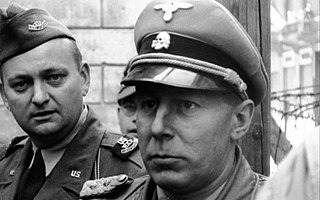
Hermann Julius Walther Rauff, also Walther Rauff was a mid-ranking SS commander in Nazi Germany. From January 1938, he was an aide of Reinhard Heydrich firstly in the Security Service, later in the Reich Security Main Office. He worked for the Federal Intelligence Service of West Germany (Bundesnachrichtendienst) between 1958 and 1962, and was subsequently employed by the Mossad, the Israeli secret service. He sailed to South America in December 1949 and landed in Ecuador, initially living in Quito. He was described in a documentary on the History Channel as one of the 7 most dangerous Nazis who fled to South America after World War II.
Víctor Ernesto Farías Soto is a Chilean historian. Farías is best known for his controversial book Heidegger and Nazism (1987).
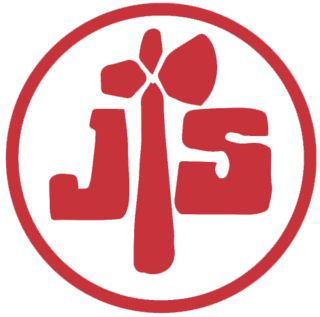
The Socialist Youth of Chile is the youth wing of the Socialist Party of Chile. It was founded on November 4, 1935, and it incorporates young socialism activists between the ages of 14 and 30. The JS has political representation at the local and national level and its members have played a prominent role in the student organizations in Chile. According to the last internal elections, the youth wing of the socialist party currently has 8500 members.
Cordón Industrial is an organ of popular power or of workplace democracy. Cordones were established in Chile by the working class during the Salvador Allende Popular Unity government (1970–1973).
Impossibilism is a Marxist theory that stresses the limited value of political, economic, and social reforms under capitalism. As a doctrine, impossibilism views the pursuit of such reforms as counterproductive to the goal of achieving socialism as they stabilize, and therefore strengthen, support for capitalism. Impossibilism holds that reforms to capitalism are irrelevant or outright counter-productive to the goal of achieving socialism and should not be a major focus of socialist politics.
Revolutionary socialism is a political philosophy, doctrine, and tradition within socialism that stresses the idea that a social revolution is necessary to bring about structural changes in society. More specifically, it is the view that revolution is a necessary precondition for transitioning from a capitalist to a socialist mode of production. Revolution is not necessarily defined as a violent insurrection; it is defined as a seizure of political power by mass movements of the working class so that the state is directly controlled or abolished by the working class as opposed to the capitalist class and its interests.
People's democracy is a theoretical concept within Marxism–Leninism that advocates the establishment of a multi-class and multi-party democracy during the transition from capitalism to socialism. People's democracy was developed after World War II and implemented in a number of European and Asian countries as a result of the people's democratic revolutions of the 1940s.
Events in the year 1973 in Chile.

Juan Carlos Girauta is a Spanish politician who served as Member of the Congress of Deputies in the 2016–2019 legislature. Previously, he has served as Member of the European Parliament from 2014 to 2016, representing Spain for the Citizens political party.
